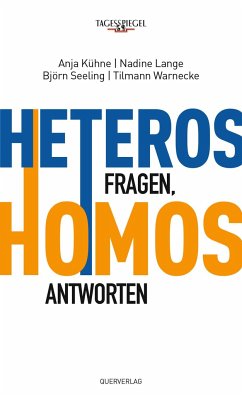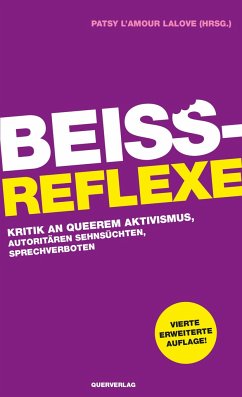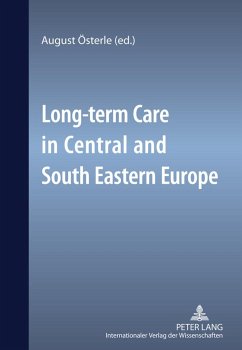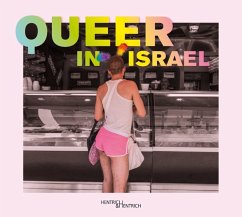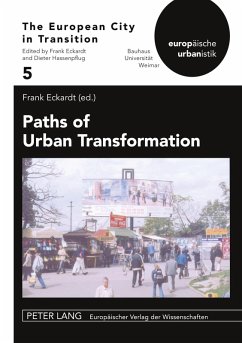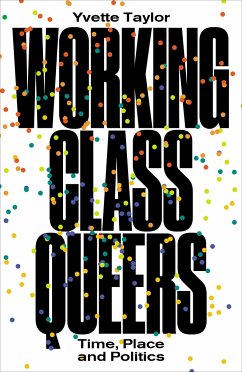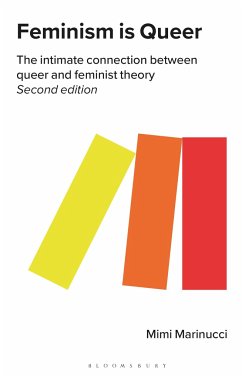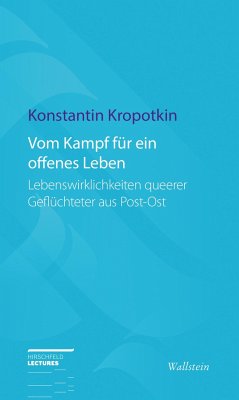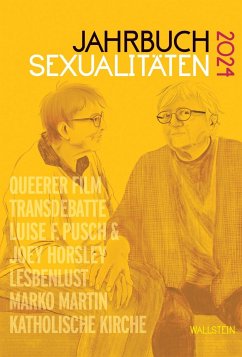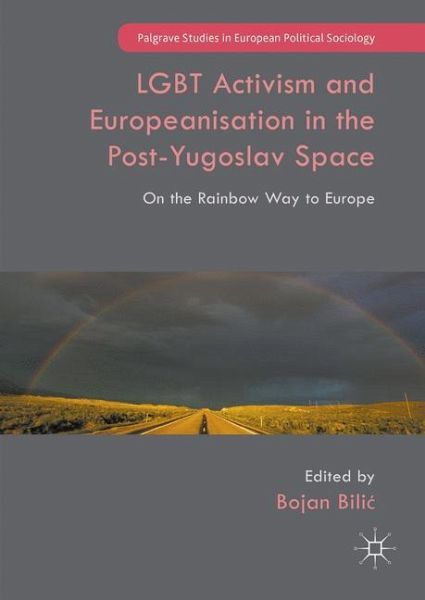
LGBT Activism and Europeanisation in the Post-Yugoslav Space
On the Rainbow Way to Europe
Herausgegeben: Bilic, Bojan

PAYBACK Punkte
42 °P sammeln!
Europe and the European Union are unavoidable, if ambiguous, political references in the post-Yugoslav space. This volume interrogates the forms and implications of the increasingly potent symbolic nexus that has developed between non-heterosexual sexualities, LGBT activism(s) and Europeanisation(s) in all of the Yugoslav successor states.Contributors to this book show how the long EU accession process disseminates discursive tools employed in LGBT activist struggles for human rights and equality. This creates a linkage between "Europeanness" and "gay emancipation" which elevates certain forms...
Europe and the European Union are unavoidable, if ambiguous, political references in the post-Yugoslav space. This volume interrogates the forms and implications of the increasingly potent symbolic nexus that has developed between non-heterosexual sexualities, LGBT activism(s) and Europeanisation(s) in all of the Yugoslav successor states.
Contributors to this book show how the long EU accession process disseminates discursive tools employed in LGBT activist struggles for human rights and equality. This creates a linkage between "Europeanness" and "gay emancipation" which elevates certain forms of gay activist engagement and perhaps also non-heterosexuality, more generally, to a measure of democracy, progress and modernity. At the same time, it relegates practices of intolerance to the LGBT community to the status of non-European primitivist Other who is inevitably positioned in the patriarchal past that should be left behind.
>
Contributors to this book show how the long EU accession process disseminates discursive tools employed in LGBT activist struggles for human rights and equality. This creates a linkage between "Europeanness" and "gay emancipation" which elevates certain forms of gay activist engagement and perhaps also non-heterosexuality, more generally, to a measure of democracy, progress and modernity. At the same time, it relegates practices of intolerance to the LGBT community to the status of non-European primitivist Other who is inevitably positioned in the patriarchal past that should be left behind.
>





